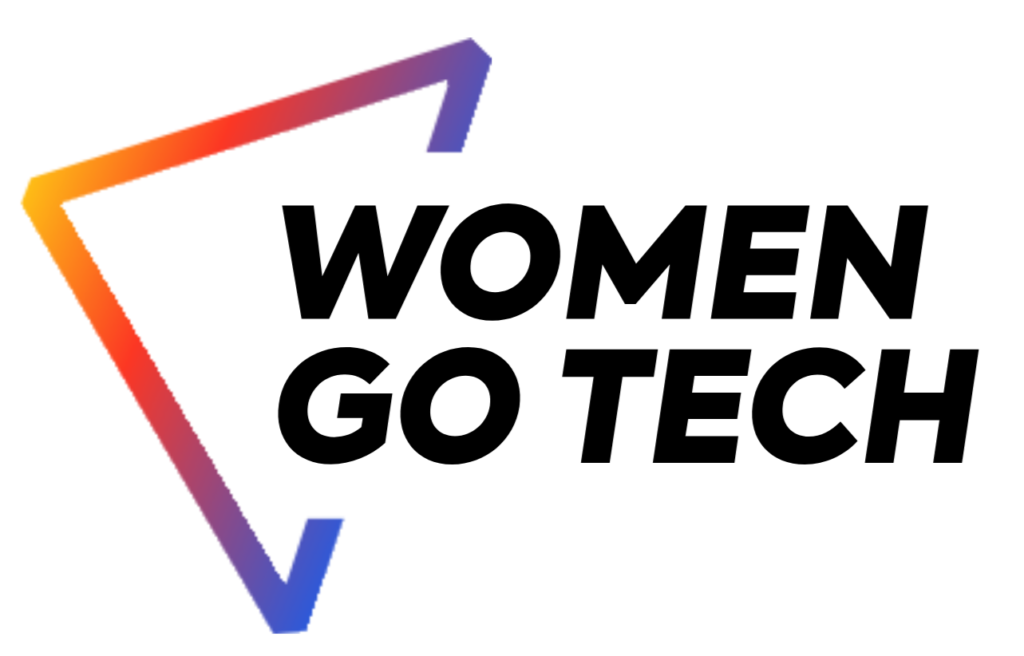The EU4Digital Guide
The EU4Digital guide for ‘Setting up mentorship programmes to bridge the gender gap in ICT: a guide for the Eastern partner countries’ is based on a case-study of the Women Go Tech mentorship programme.
The study was guided by EU4Digital and prepared by the Women Go Tech team, with the involvement of partner organisations from the six Eastern partner countries. The conclusions and recommendations were developed and adapted to realities of the countries by holding the multiple rounds of workshops with six beneficiary organisations:

The guide is focused on the following topics: programme structure and content of educational activities, target audiences, resources (financial, human and technical) and execution activities (mentors’ and mentees’ selections and matching). The mentor selection and participants’ acquisition were among the most important aspects of successful mentorship programme mentioned by representatives of involved partner organisations . The importance of clear selection criteria for mentors that include being a specific tech track specialist, taking a leading role, was also emphasised.
As a result of the multiple sessions with local beneficiaries, the guidebook was developed, aimed in particular at any organisation willing to kick-start a scalable and high-quality mentorship programme, which can achieve visible impact from the very start. The guide provides a practical checklist of key steps for mentorship programme set-up, ways for practical implementation and a timeline, including examples of success cases and advice as per best practices of the WGT programme.
Besides that, the guide may also benefit relevant counterparties by building a deeper knowledge of the mentorship concept as such, its importance and benefits to the participants as well as society, particularly in the topic of gender equality in ICT innovation. It will also help to understand the key challenges identified for deploying women mentorship programmes in the Eastern partner countries. This notably includes a lack of local donors for supporting such initiatives, while at the same time local actors have limited capacities in acquiring external support. Also, an overview of recommended actions to improve the conditions will be provided, indicating what type of support is needed from the local ecosystem actors.
The guidebook is available for download from the EU4Digital Library here
